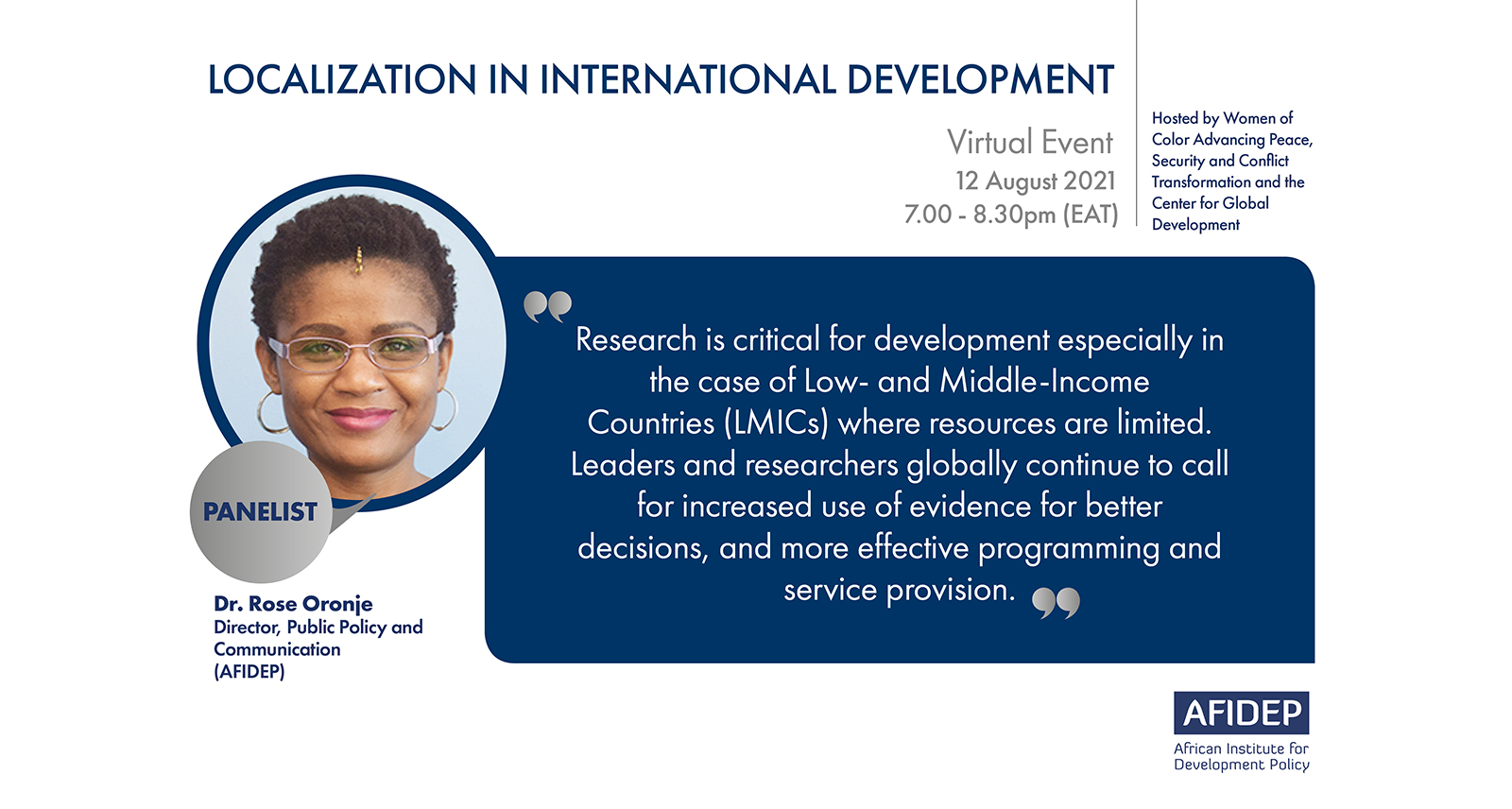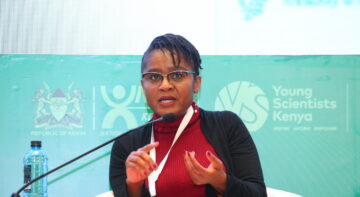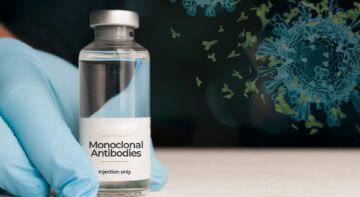News

There is an increasing push for localization in development, where power, resources and responsibilities are shifted to where development actually takes place. Dr. Rose Oronje, Director of Public Policy and Communications at AFIDEP, believes that a key element of this reform is evidence and better accessibility of development research. On 12 August 2021 at 7.00 – 8.30 (EAT), Dr. Oronje will participate in a panel discussion where she will share insights on the critical role of research in development, specifically in localizing international development efforts.
The discussion is part of a virtual event co-hosted by Women of Color Advancing Peace, Security and Conflict Transformation (WCAPS) and the Center for Global Development (CGD). During the event, panelists will explore ways to push for localization, and how research, advocacy, programming and overall development efforts can be increasingly led by local and national actors in Low- and Middle-Income Countries (LMICs) who best know their contexts.
AFIDEP works with development actors, policymakers and other actors on a day-to-day basis to support better decision-making and effective programming using evidence. While research is essential in development, there are many challenges that hinder its sustained use in informing development efforts especially in LMICs. Among them is accessibility to evidence and dysfunctional systems for sharing research findings, that particularly disadvantage LMICs.
Dr. Oronje’s insights will build on arguments advanced in a blog she recently co-authored with Tom Drake, Senior Policy Analyst at CGD and Jon Harle, Director of Programmes at International Network for Advancing Science and Policy (INASP).
The blog, titled ‘the Way We Access Research Isn’t Working for Development. We Need to Fix It,’ outlines why affordable and open access to research is a critical issue for global development. It also echos a call from the United Nations Educational, Scientific and Cultural Organization (UNESCO), World Health Organization (WHO) and United Nations High Commissioner for Refugees (UNHCR) for an even greater transition to an open science system in the face of COVID-19 pandemic.
According to Dr. Oronje, “there are a lot of missed development opportunities due to lack of access to existing research and innovation. To ensure research results are widely and openly accessible, there is need for effective research systems and radical reform of research publishing.”
Register for event here: https://us02web.zoom.us/webinar/register/WN_0WdzojpXRXix1LpCYpMAYA
Related Posts





